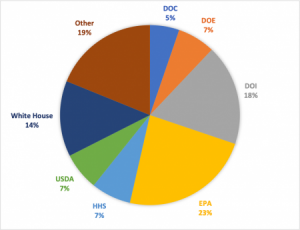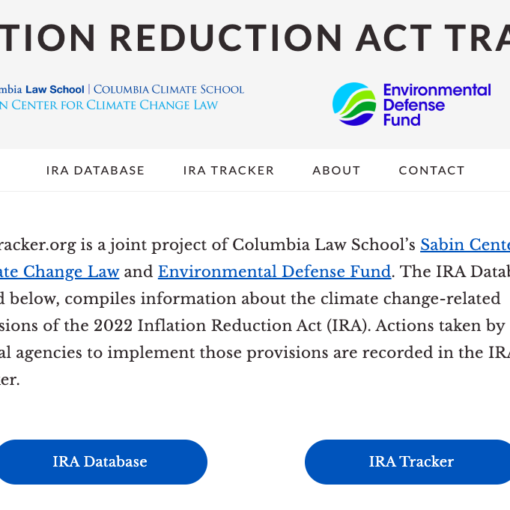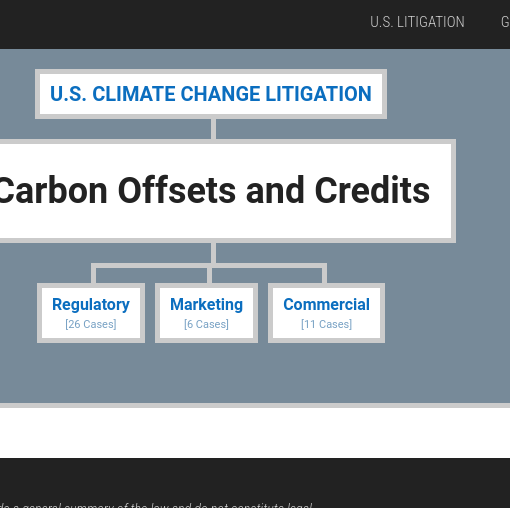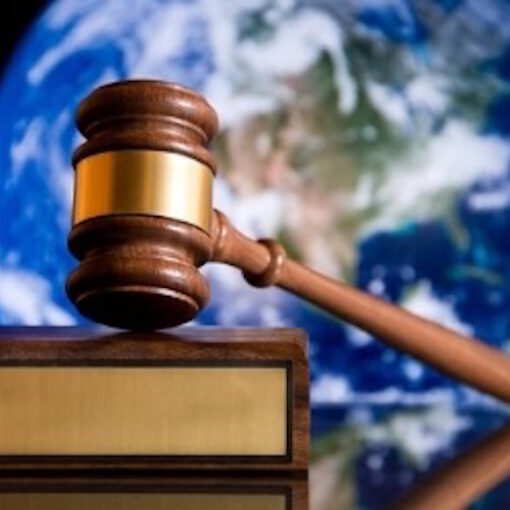By Lauren Kurtz and Susan Rosenthal
One thousand days into the Trump administration, the federal government has attacked science 249 times—or roughly once every four days.
The administration’s assault on science includes attempting to cast doubt on climate change, limiting and eliminating access to scientific information, and preventing federal scientists from publicly communicating their research.
In the Silencing Science Tracker, a public database we maintain with Columbia Law School’s Sabin Center for Climate Change Law, we catalog government efforts to restrict, censor, undermine, and misrepresent science since the November 2016 elections. We’ve defined these actions as those that aim to restrict or prohibit scientific research, education, or discussion, or the publication or use of scientific information.

Our analysis of Tracker data reveals where and how the Trump administration is focusing its efforts to silence science. The largest number of entries pertain to actions taken at the Environmental Protection Agency (EPA), constituting 23 percent of federal entries and the Department of Interior (DOI) at 18 percent.
But other agencies are not immune to attacks on science. The Department of Health and Human Services (HHS), Department of Agriculture (USDA), and Department of Commerce (DOC)—the parent agency of the National Oceanographic and Atmospheric Agency (NOAA)—are also well-represented
in the Tracker.
This is a continuation of the trend we reported in January 2019, with different agencies represented at roughly the same rates as they were earlier in the year. It is worth noting actions to silence science are increasingly spread across a variety of smaller agencies or agencies typically less focused on scientific research, such as the Department of Transportation and the Federal Communications Commission.
Climate science also remains the type of science most under attack, at 72 percent of Tracker entries. Other types of science affected include nutrition research, children’s health research, and endangered species listings.
What’s new is that the types of government efforts to silence science have shifted considerably since the beginning of 2019. Reports of government censorship have risen to 39 percent of all entries, up from 26 percent in January. In fact, 65 percent of entries over the past three months—or 13 out of 20 entries—involve government censorship.

Reports of self-censorship have also risen to 7 percent, up from 5 percent. Reports of research hindrance and budget cuts have also each risen slightly since January; comparatively, personnel changes and bias and misrepresentation have fallen as a percentage of total entries.
The reasons for these shifts are not clear but we believe, as others have observed, federal treatment of science and research has reached a “crisis point.”
While all administrations are guilty of politicizing science to some degree, government attempts to silence science now happen more frequently and egregiously than ever, from the doctoring of hurricane maps to broadly dismantling federal scientific advisory boards.
The impacts of government attacks on science are dire and concerning. Public health is endangered when scientists are prohibited from speaking to the public; environmental resources are imperiled when scientific research is ignored, and sound policymaking is jeopardized when access to data is restricted.
If you’re a scientist who has experienced or witnessed attempts to silence science, or if you have legal questions related to your work, please contact us to arrange a free, confidential consultation with one of our attorneys.




